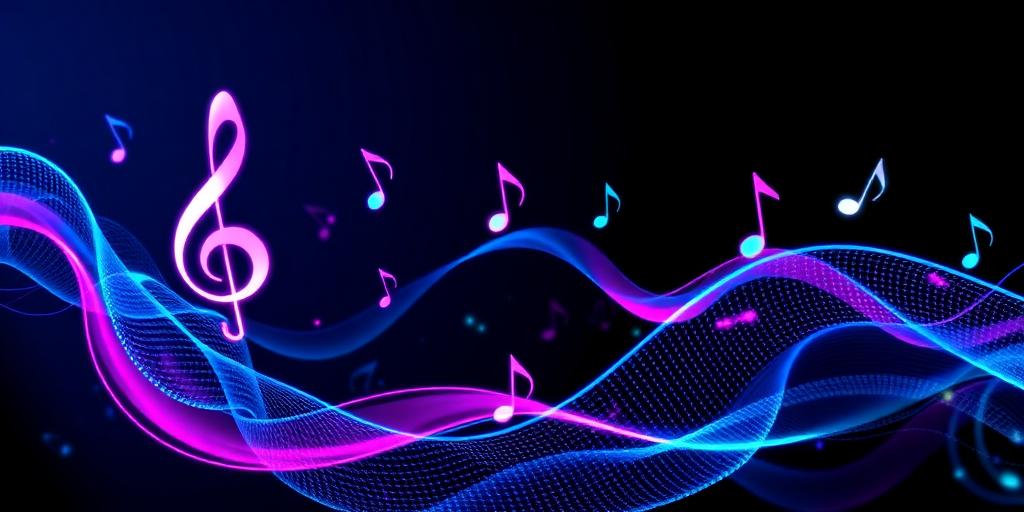The music industry, a vibrant tapestry of creativity and commerce, stands at the precipice of a profound transformation, driven by the burgeoning capabilities of Artificial Intelligence. Far from being a mere technological novelty, AI is emerging as a foundational force, redefining everything from composition and production to distribution, consumption, and the very business models that underpin the global soundscape. This signals a fundamental shift in how music is created, experienced, and monetized, presenting both unprecedented opportunities and complex challenges for artists, labels, and listeners alike.
The AI-Powered Creative Revolution in Music Production
AI's influence on music creation is arguably its most visible impact. Advanced algorithms are now capable of generating original melodies, harmonies, and rhythms, often indistinguishable from human compositions. These AI music creation tools are not designed to replace human artists but rather to augment their capabilities, serving as innovative collaborators and assistants.- Compositional Assistance: AI can analyze vast datasets of existing music, learning patterns and styles to suggest new musical ideas, chord progressions, or even complete instrumental tracks. This empowers artists to overcome creative blocks and explore genres they might not traditionally inhabit.
- Sound Design and Mastering: AI algorithms are streamlining the post-production process, offering intelligent mixing and mastering services that optimize audio quality with remarkable precision and speed. This democratizes high-quality production, making it accessible to independent artists without substantial budgets.
Rethinking Music Distribution and Discovery with AI
Beyond creation, AI is dramatically altering how music reaches its audience and how listeners discover new sounds. The impact of AI on musicians extends significantly into their ability to connect with fans.- Personalized Recommendations: Streaming platforms leverage AI to analyze user listening habits, recommending tracks and artists with unparalleled accuracy. This enhances user experience and helps niche artists find their audience.
- Automated Content ID and Rights Management: AI systems are becoming indispensable for identifying copyrighted material and managing royalties, offering a more efficient and transparent system for artists and rights holders.
- Predictive Analytics: Labels and artists use AI to predict trending genres, potential hit songs, and optimal release strategies, allowing for data-driven decisions in a highly competitive market.
The Evolving Business Landscape: New Models and Monetization
The integration of AI-powered music distribution and creation tools is necessitating a re-evaluation of traditional music business models.- AI-Generated Soundtracks and Jingles: From video games to advertising, AI is rapidly becoming a go-to source for bespoke, royalty-free music, creating a new market for algorithmically generated audio.
- Artist Empowerment: For independent artists, AI tools lower barriers to entry for high-quality production and global distribution, potentially shifting power dynamics away from traditional record labels.
- Licensing and IP Challenges: The rise of AI-generated music also introduces complex questions regarding ownership, copyright, and fair compensation, issues the industry is actively grappling with.
Addressing the Ethical Implications of AI Music
While the benefits are considerable, the future of music with AI is not without its controversies and ethical dilemmas.- Authenticity and Authorship: Concerns persist regarding the perceived "soul" or "humanity" of music created, in part, by machines. Who truly "authored" a piece of music if an AI algorithm generated significant portions?
- Displacement of Human Talent: While AI aims to augment, there are fears that certain roles within the industry, particularly those in session musicianship or entry-level production, could be impacted.
- Deepfakes and Impersonation: The ability of AI to mimic voices and styles raises serious concerns about misuse, including creating fraudulent tracks or imitating deceased artists without consent.









